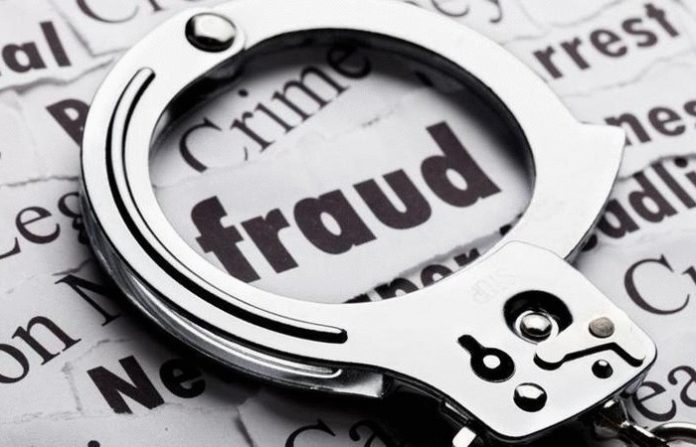The OPP and other law-enforcement agencies warn that COVID-19 frauds are now appearing through emails, by phone, and sometimes even with a stranger calling at a home to offer “help” safeguarding residents against infection by COVID-19 or with protecting their property and finances in case of future difficulties.
Beware of COVID-19 frauds



